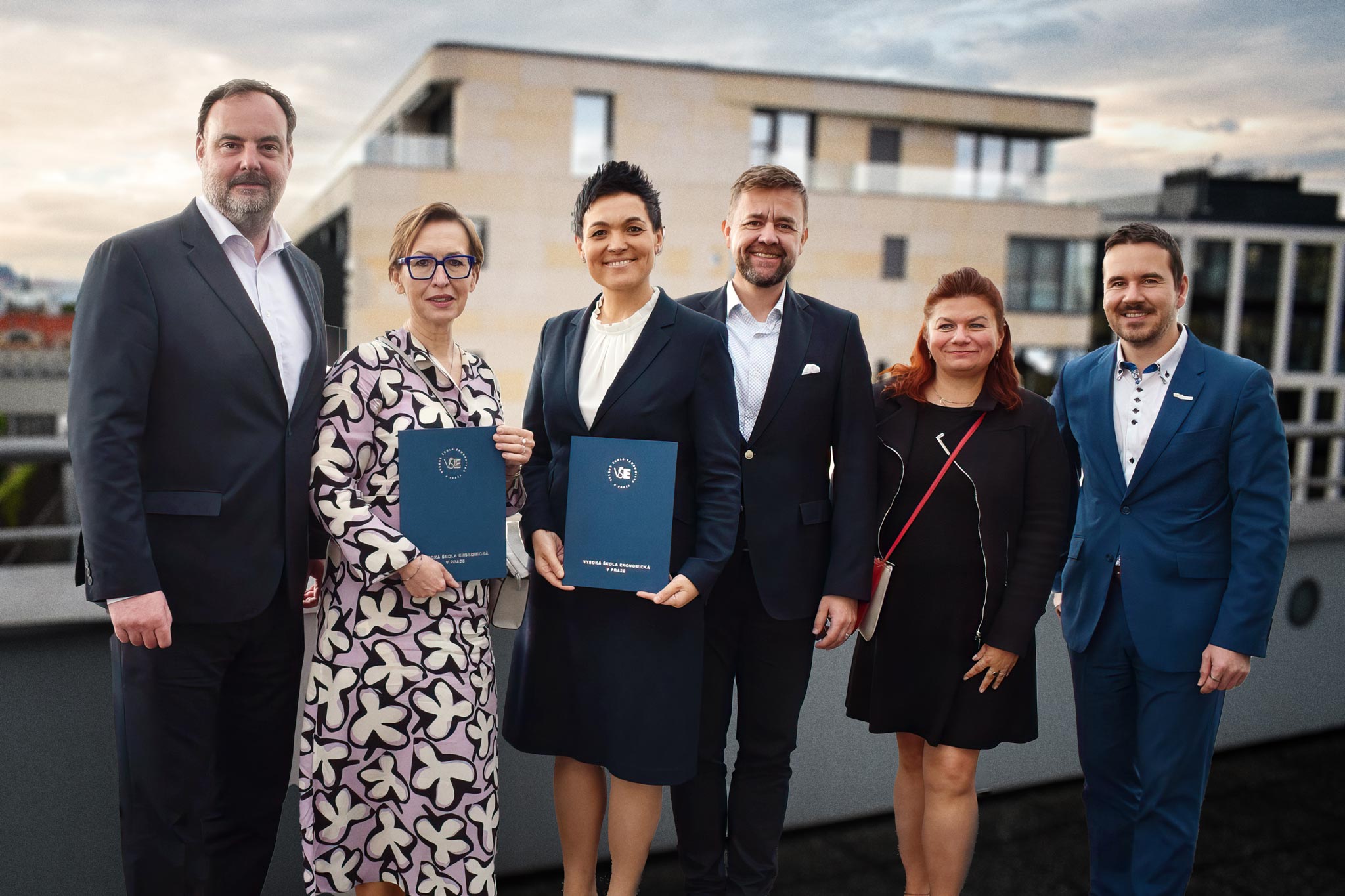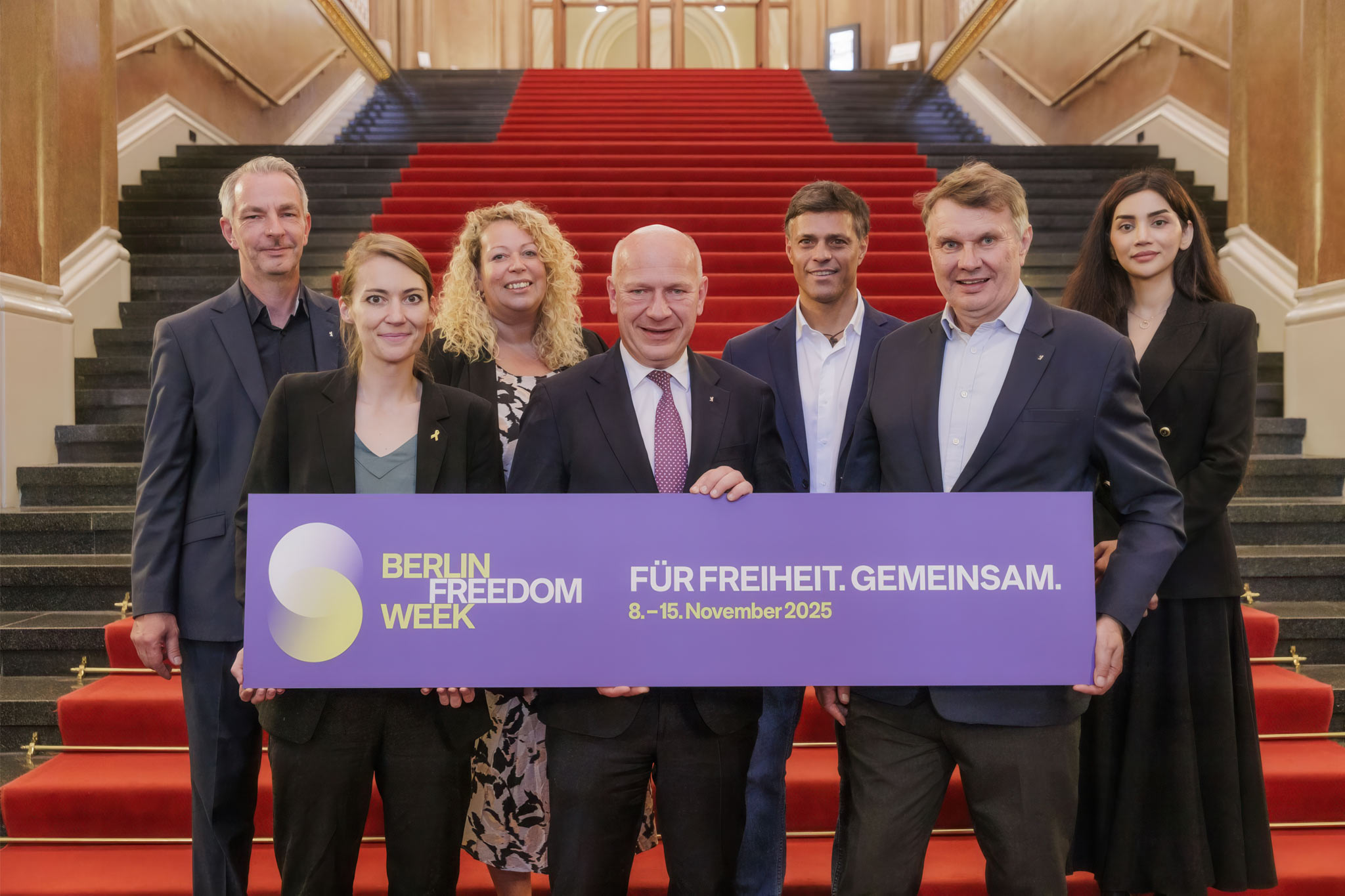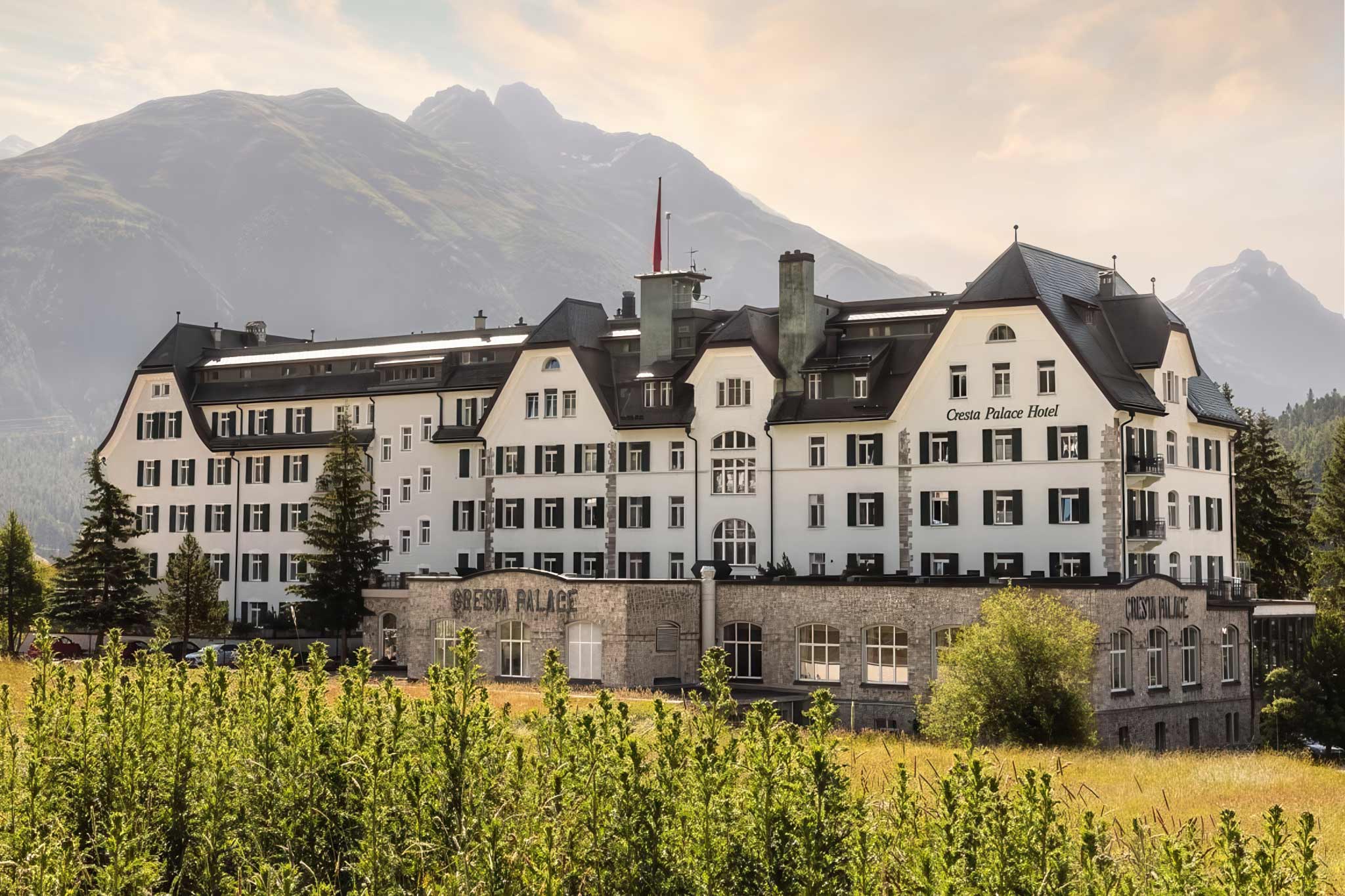In a significant stride towards the advancement of the Czechian Meetings, Incentives, Conferences, and Exhibitions (MICE) sector, the Faculty of International Relations at the Prague University of Economics and Business and the Prague Convention Bureau (PCB) have entered into an exclusive cooperation agreement. The ceremony took place on April 10th at the Academic Club, VŠE, marking a new chapter of opportunities for students and professionals in this dynamically evolving industry.
The memorandum of cooperation signifies the fusion of academia and practical industry experience in the meetings industry sector. It commits to enhancing education, research, and practical application. This collaboration offers students unique opportunities for internships, practical training, and involvement in research projects in direct partnership with industry professionals.
Key aspects of the cooperation include:
Exchange programs and internships for studentsThe Faculty of International Relations will have access to exclusive internships and job opportunities within the meetings industry sector offered by the PCB and its member organisations.Joint research and educational projectsThe collaboration will focus on joint research and developing academic programs that reflect the sector’s current needs and trends.Expert lectures and workshopsIndustry leaders and experts from the PCB will regularly contribute to the educational process of the Faculty of International Relations through guest lectures and workshops.
Martina Jirankova, the Dean of the Faculty of International Relations at Prague University of Economics and Business, stated: “This partnership with the Prague Convention Bureau opens a world full of opportunities for our students in the meetings industry. I am convinced that collaboration between academia and industry leaders like the PCB is key to building a strong future in this field.”
Roman Muska, the Managing Director of the Prague Convention Bureau, added: “Promoting education and nurturing new talents with a perspective of a career in the meetings industry is one of the PCB’s strategic goals; therefore, we are very pleased that today’s signing of the memorandum confirms our mutual interest in expanding our existing collaboration significantly, especially in the area of student internships and joint research and educational projects.”
This partnership represents a commitment from both institutions to support excellence and innovation in the meetings industry sector. It promises to bridge theory and practice for students preparing to enter this exciting industry.
In the photo, the signatories are (left to right):
- Pavel Černý, Assistant Professor at Prague University of Economics and Business
- Martina Jiránková, Dean of the Faculty of International Relations, Prague University of Economics and Business
- Lenka Žlebková, CEO Prague Congress Centre and Vice-president of the BOD of the Prague Convention Bureau
- Jan Kubinec, CEO, AV MEDIA EVENTS and President of the Prague Convention Bureau’s BOD
- Kateřina Hájková, Partner / Sales Director, Senator Meetings & Incentives
- Roman Muška, Managing Director, Prague Convention Bureau
About Prague Convention Bureau
Prague Convention Bureau (PCB) is a non-profit organisation established in 2008. The company acts as an official representative of the Prague Congress tourism and promotes the city as one of the leading European congress destinations. Together with Czech tourism bodies, partners and members, the PCB offers practical assistance in organising conferences, meetings, seminars, exhibitions and incentive events in Prague.
About Faculty of International Relations, Prague University of Economics and Business
The Faculty of International Relations (FIR) is one of the largest faculties at the Prague University of Economics and Business. The key distinctive feature of FIR is a high level of internationalisation at all stages, with a strong emphasis on students’ language knowledge. The mission of the Faculty of International Relations is to develop education and knowledge in international economic and political relations and to provide internationally recognised study programs based on critical thinking and openness, as well as personal and societal responsibility and commitment to lifelong learning.



